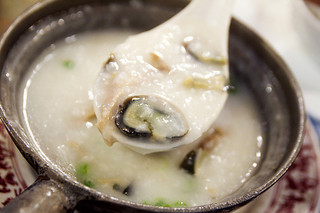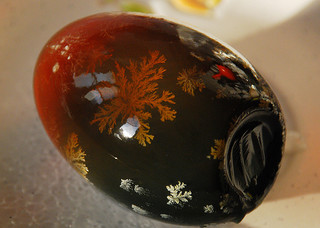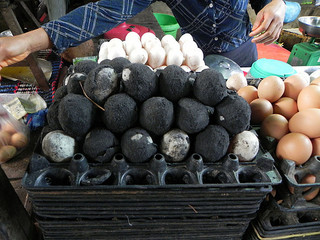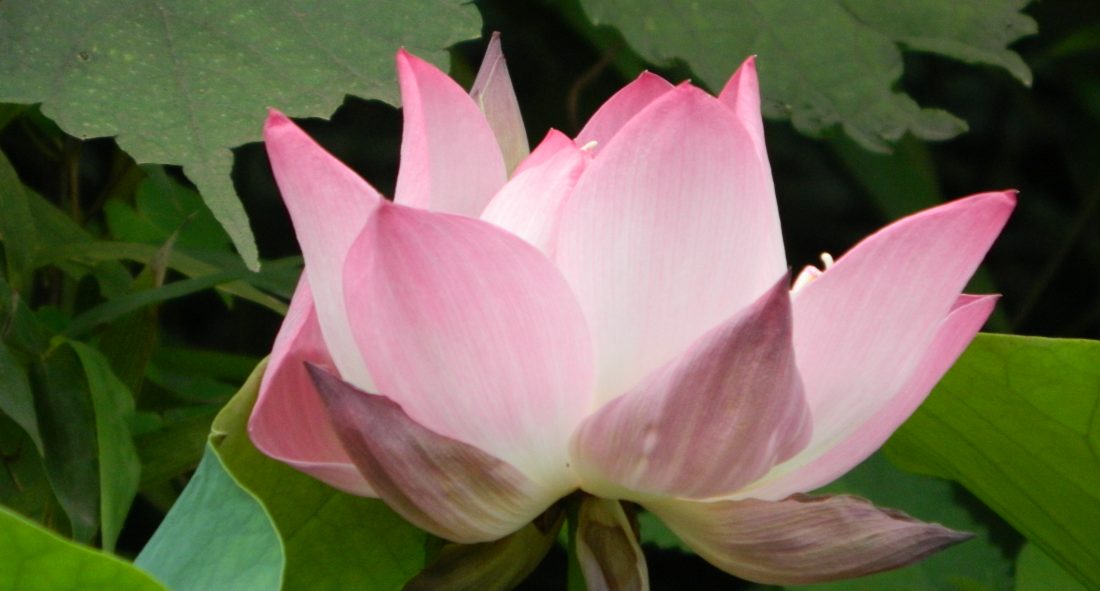By Ruowei Wang
Although Chinese cuisine is one of the most influential cuisines in the world, it doesn’t receive the recognition it deserves. This passage will analyze the long-lasting misunderstandings preventing Chinese cuisine from being accepted by foreigners.
The prejudice against Chinese food starts with saying that “the Chinese eat everything”.
From cookbooks, travelogues, and local restaurant interpretations of classic dishes, people only get a glimpse of China’s exotic cuisine. Usually, these people assume that what they hear, taste, and read about represent authentic Chinese food.
We need to point out that in travelogues, authors try to compete for the most nauseating, exotic, and unbelievable eating experiences. It is a popular sport among tourists and anthropologists alike.
From cookbooks, travelogues, and local restaurant interpretations of classic dishes, people only get a glimpse of China’s exotic cuisine. Usually, these people assume that what they hear, taste, and read about represent authentic Chinese food.
We need to point out that in travelogues, authors try to compete for the most nauseating, exotic, and unbelievable eating experiences. It is a popular sport among tourists and anthropologists alike.
Foreigners are shocked to learn that Chinese consume insects. But why on earth aren’t insects a good food choice? This perception is actually based on our food ideologies. We think insects are loathsome; it’s nauseating just look at them. But aren’t snails repulsive and nauseating? They excrete fluid from its slimy body. Still, people around world think escargot is delicious, regarding it as the pinnacle of French cuisine.
The deep-rooted prejudice against China makes us think that it’s unbelievable to consume insects. But according to chemical analysis, insects are a great source of protein, consumed by people worldwide. Without too much fat, but as a great source of protein, we might even consider it a solution to obesity.
Most people can’t appreciate eating insects partly because of their lack of childhood memories with insects as food. Food triggers both physiological and psychological memories. For most Chinese, their childhood memories are associated with capturing and scorching cicadas on the fire. Immersed in their memories, Chinese don’t considerate eating insects as horrible as foreigners consider it. Inevitably, food habits cultivated early in life lead people to view exotic food culture as being wrong, irrational, or misguided. In 2011, CNN named “notorious” Chinese preserved eggs as the most revolting food in the world. Indeed, it’s a matter of cultural difference; in China, the preserved eggs are the main ingredients put into a popular homemade food: Minced Pork Congee with Preserved Egg.

Chinese people are reminded of cozy homes and warm motherly smiles whenever preserved eggs are mentioned. As a corollary, they are like the epitome of happiness, rather than the “eyeballs of some nightmarish monster leering up” as Fuchsia Dunlop calls them. Besides, the snowflake patterns inside the translucent layer of preserved eggs are highly praised by Chinese.


Another important misunderstanding that is prevalent among outsiders is the texture of Chinese food. The rubber-like texture is the last barrier for foreigners to cross over. Although sea cucumber is the pinnacle of Chinese cuisine, foreigners doubt its edibility, because Western gastronomy is deprived of words to describe “gristly, slithery, slimy, squelchy, crunchy, gloopy” (such characteristics found in sea cucumber) in a good way. These words “evoke disturbing thoughts of bodily emissions, used handkerchiefs, abattoirs, squashed amphibians.” In traditional Chinese literature, however, sea cucumber is consumed by aristocrats, representing opulence and superiority. Without cultural background knowledge, what is in the dish is nothing more than rubber in the foreigners’ perspective; however, it is superiority and high social status in Chinese’ eyes.
